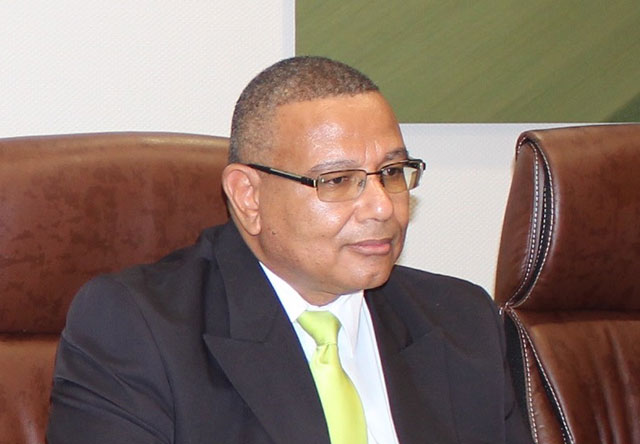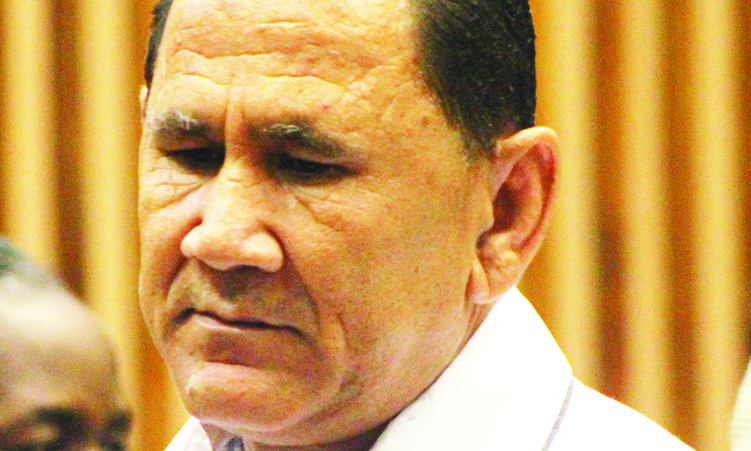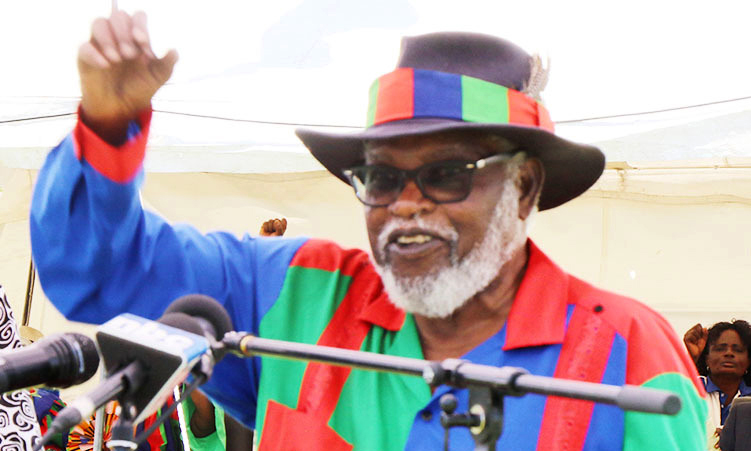THE national tender agency tasked with improving the awarding of state contracts is dysfunctional, lacks the necessary policies and workers are overworked, a new document says.
Several documents reviewed by give an unprecedented view of the troubles facing the Central Procurement Board (CPB).
The board asked several departments earlier this year to explain what their concerns were, and their proposed solutions.
One of the damning assessments came from the CPB’s head of the technical unit, Ralph !Goaseb, who bluntly said: “CPB administration is currently dysfunctional”.
“No human resources policies, no communication policy, no information technology,” he stated.
According to !Goaseb, there is no organogram in place, which leads to unclear job descriptions of workers, who are subjected to inconsistent instructions from their bosses.
“In the absence of documented operational guidelines, the executive needs to lead from the front, and inspire the team. Unilateral decision-making must also be discouraged,” he said in his report to the board on 28 January 2019.
The institution has about 25 officials.
!Goaseb added that the technical team which consists of three procurement specialists, an assistant specialist and an intern deals with over 300 public entities that are putting them under extreme pressure.
“Every PE [public enterprise] expects its submission to serve the same week. Otherwise, they escalate to the chair’s office,” the report said.
!Goaseb’s report said the agency is gaining a reputation of not being the employer of choice.
“Staff must be treated with respect, and not be victimised for airing their views,” he stressed, adding that outspoken staff are sidelined to silence them.
Another document reviewed by shows that some workers complained about the lack of transparency and unfair treatment by the executives at the agency.
“Most of the things change as per decision made through internet/email or WhatsApp Group. It is not clear what decision one follows because decisions change every time,” a staff member is quoted in that document.
The document added that “it is not always clear or known what the board wants, because sometimes things change after the discussion was finalised in the boardroom”.
There is also a lack of a back-up computer system, to the extent that most operational information is kept on the personal laptops of the workers.
The troubles don’t end there.
“Some heads of units are of the view that issues are blocked at the “high office”, hence there is delayed progress in some activities,” the document said.
Another board report – dated 9 February 2019 – was compiled after submissions from several departments show that the board discussed several challenges, and proposed solutions.
One of the concerns was about the role of national intelligence in the recruitment of agency staff.
The Namibia Central Intelligence Service has come under fire for delaying the recruitment of officials at the tender agency due to a slow vetting process.
“Vetting can be challenged in a court of law, as Namibian law does not require vetting,” the board report said.
That document paints a picture of a board that claims to be in the dark over the operations of the institution.
“Administration has failed to implement numerous board directives. It is not clear to the board whether this is a disregard of board resolutions as a result of incompetence, inefficiency or disregard to governance, or the intentional exploitation of a loophole in accountability,” the board stated.
CPB chairperson Patrick Swartz is now the de facto chief executive officer of the organisation.
According to the report, examples of inefficiency include lack of the implementation of the strategic plan, 30-day work plan, annual plan, directives on staff incentives, an instruction to schedule governance meetings, the appointment of an internal auditor, compilation and production of the annual report, and conducting of an audit.
Swartz and !Goaseb were unreachable for comment.
Swartz has clashed with his deputy, Lischen Ramakhutla.
Some workers suggested in some of the reports to the board that maybe they should consider removing the top executives at the organisation.
Stay informed with The Namibian – your source for credible journalism. Get in-depth reporting and opinions for
only N$85 a month. Invest in journalism, invest in democracy –
Subscribe Now!






